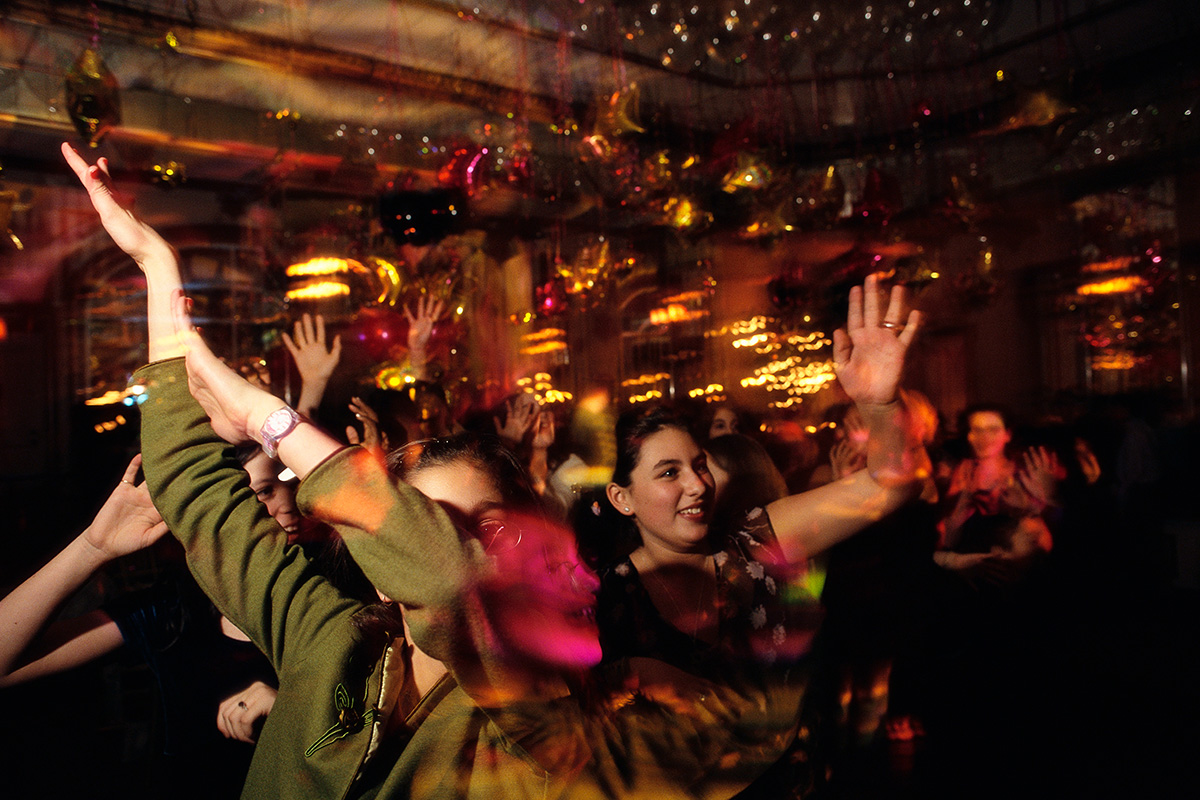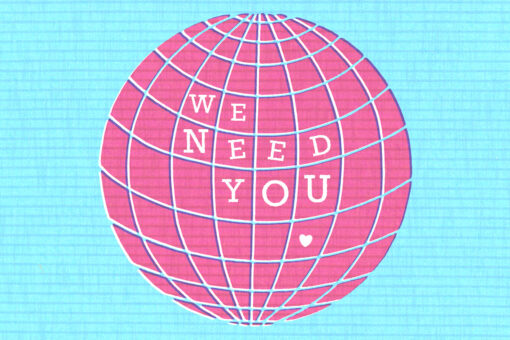Somehow, I, as a young Jewish person from New York City, made it through my entire childhood without attending a single b’nai mitzvah.
I don’t know how I managed this feat, but I know that there certainly were a few influential factors: I never had a bat mitzvah myself — I never even attended Hebrew school. My parents did not force me to go — not because they did not want me to, but because they did not want me to view Judaism as something obligatory. I didn’t have many Jewish friends close to home. And I sadly suspect that younger Jane already felt too “othered” by her Jewishness to consider studying the Torah.
In an entirely secular sense, I grew up with intense bat mitzvah envy. As someone who had only recently entered the narcissistic stage of adolescence, nothing sounded better than having a party dedicated to me. I spent my 7th grade summer envying my camp friends, who told me all about their extravagant, under-the-sea-themed celebrations, and wondered (for, objectively, the “wrong” reasons), why I had chosen not to attend Hebrew school.
After that summer, though, my envy quickly dissipated and was replaced with somewhat of an indifference — that is, until the summer of my 20th year. My downstairs neighbors, a large, Hasidic family, have always tried to cultivate the small Jewish community in my neighborhood, and when their oldest daughter turned 12, I knew that I would soon be venturing into the uncharted territory of well-rehearsed Torah portions and monogrammed cake pops.
There was something strangely comfortable about attending my first bat mitzvah as a young adult: I got to enter it with a confidence that I would not have possessed when I was bat-mitzvah-age. Invitations for the celebration were only extended to women and girls, and I remember the feeling of standing in a room full of people that, more or less, looked exactly like me.
I watched as young girls wove in between tables, wielding the same head of unruly curls that I had loathsomely straightened when I was their age. I saw myself in their wild, unaffected laughter. Their joy was mine. After spending my adolescence feeling somewhat unlike the rest of the girls at my middle school, I felt a sense of retroactive comfort as I placed a younger version of myself in this picture of carefree Jewish girls.
Similarly, I saw the older women there as future projections and possibilities of what and who I could become. From the older, “all-knowing” sage figures to the youthful and outspoken post-graduates, I was constantly reminded that there is not one single way to be a Jewish woman. With every unique but still unmistakably Jewish personality that I crossed, I grew more excited about the kind of Jewish woman that I will become.
As the night went on, I found myself struggling with a new kind of envy. It was not one of missing my own bat mitzvah, but, instead, one of missing the opportunity to come of age in a community of Jewish women. As someone who is not fervently religious, I expected to feel out of place at my first bat mitzvah. Instead, I was the most comfortable that I had ever been in a room of mostly strangers; they did not feel like strangers. Even at this relatively small gathering, there was a sense of unspoken understanding that could only have existed because we shared the same keystone of our identities. For the first time in my adult life, the concept of womanhood — and of being, in all senses of the word, a woman — did not intimidate me.
Near the end of the night, the bat mitzvah’s mother and sisters told her, “You are the newest link in Jewish history.” There was power in their words: The bat mitzvah’s emergence into womanhood made me think twice about my own existence and the role that I have played, currently play, and will play in the story of Jewish women and of Jewish people. While I still don’t know what that role will be, I now know that I have one, which is far more than I knew before attending the bat mitzvah. With the memory of this night in the back of my mind, I look forward to figuring it out — and maybe attending a few more bat mitzvahs in the future.



